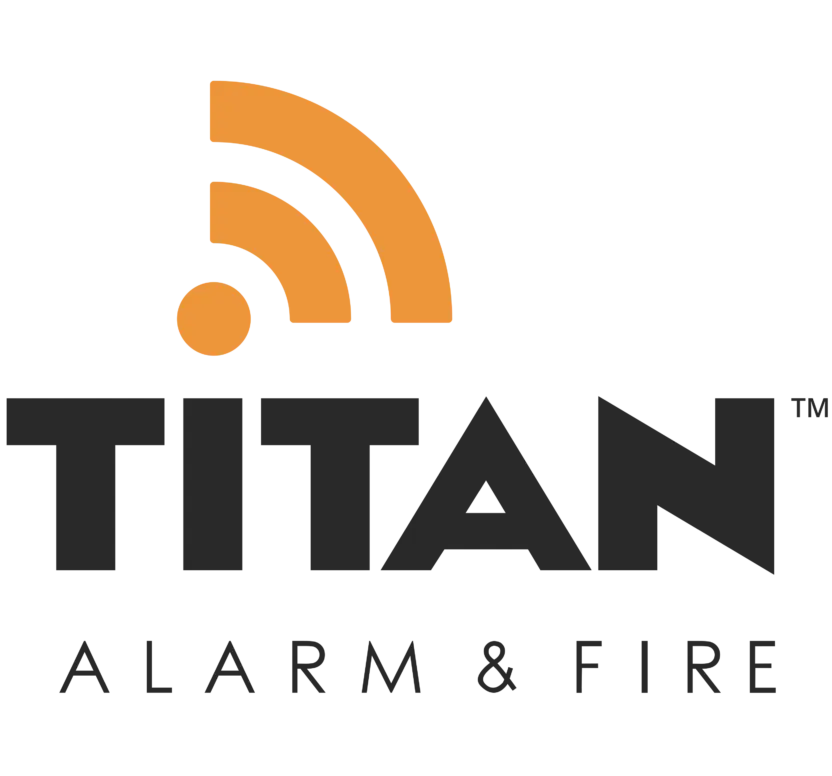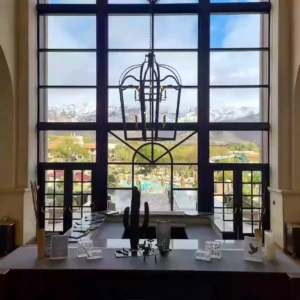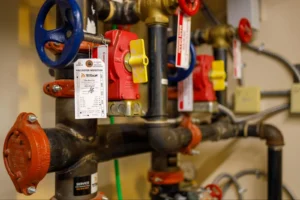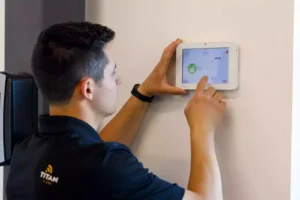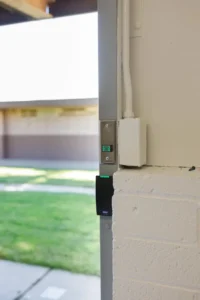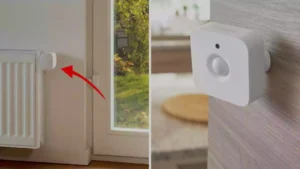
How Do Motion Sensors Work? Guide for Home & Business Security
Motion sensors work by detecting changes in their environment, primarily heat and movement, and then triggering an action like sounding an alarm or turning on lights. The three main types of motion sensors are Passive Infrared (PIR), which detects changes in infrared energy (body heat); Microwave (MW), which emits microwave
